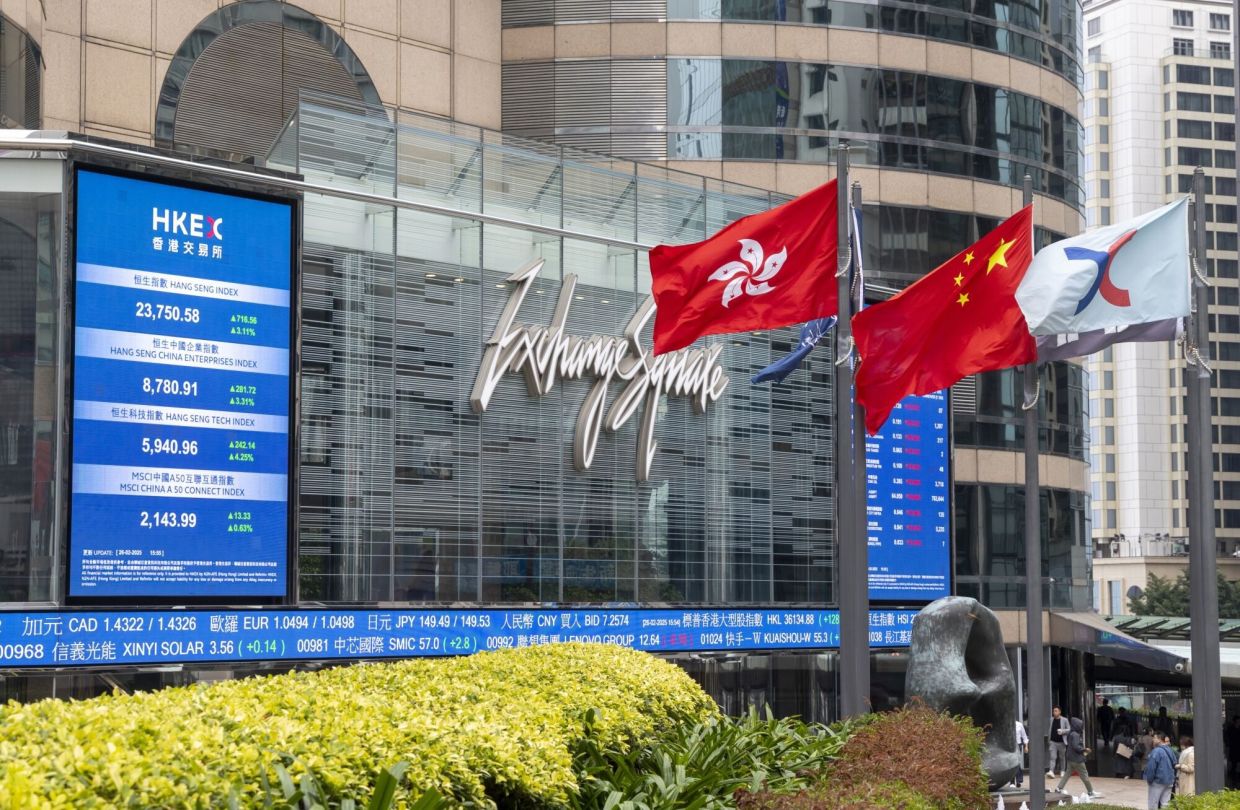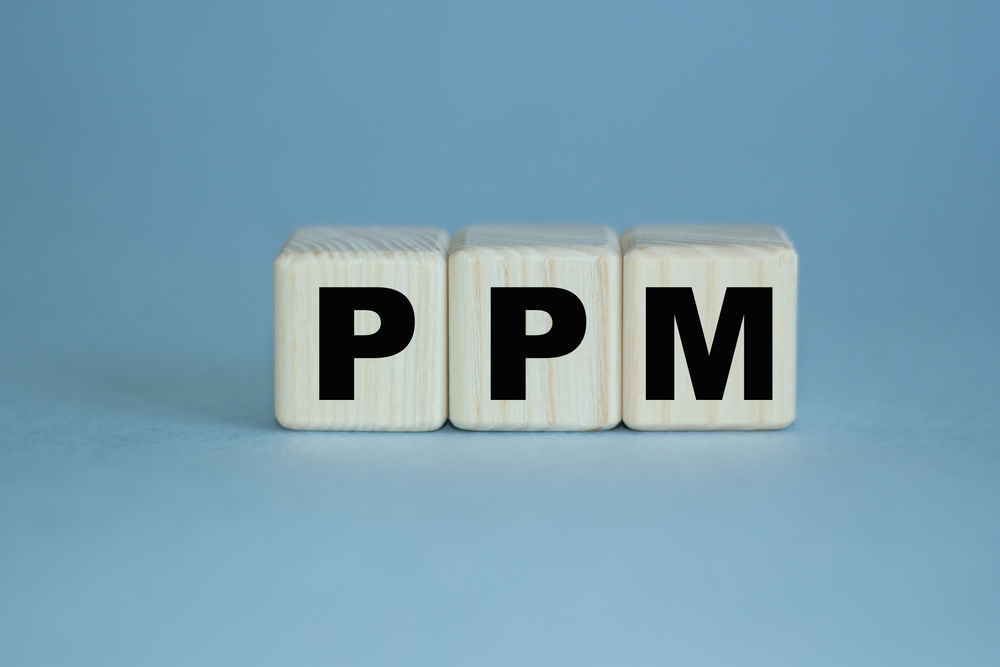Have you ever dreamed of a world where the ideal man isn't the rugged hero charging into battle, but a gentle soul who whispers sweet nothings and remembers your favorite tea? In vibrant Chinese dramas and films, this vision comes alive through archetypes like "xiao xian rou" (little fresh meat, meaning handsome young men), "nuan nan" (warm man, meaning caring guy, thoughtful guy), and "nai gou" (little puppy, referring to man who is younger than the girl, simple, naive, caring, emotionally dependent and loyal)—embodiments of a modern masculinity that prioritizes youthfulness, emotional warmth, and endearing vulnerability.
As these stories stream across borders via platforms like Netflix and Youku, captivating Euro-American audiences, translators must skillfully adapt dialogue to bridge cultural gaps. The goal? To ensure the subtle charm of these softer male leads resonates, even with viewers accustomed to the assertive "leading man" mold, like James Bond or Captain America. This translation process goes beyond mere words; it's a nuanced art of aligning aesthetic preferences in masculinity while fostering cross-cultural understanding.
To grasp this adaptation challenge, it's essential to explore the roots of these Chinese masculinities in contemporary media. The term "xiao xian rou" gained traction in the 2010s, describing young idols with delicate features, impeccable grooming, and a boyish allure, often drawing from K-pop influences in series like the remakes of Meteor Garden. These characters emphasize emotional openness over brute strength, mirroring societal changes in China that blend Confucian ideals of harmony with cultural diversity. The "nuan nan," meanwhile, represents a nurturing partner who excels in quiet acts of care, such as anticipating needs without fanfare, while the "nai gou" adds a layer of playful dependency, evoking the cuteness of a devoted puppy. Scholars point out how these portrayals stem from a fusion of traditional values and modern influences, like Japanese "bishonen" aesthetics, allowing male leads in dramas such as Till the End of the Moon to win hearts through protective yet non-domineering behaviors.
In contrast, Western preferences for male protagonists often lean toward a more conventional archetype, shaped by Hollywood's enduring narratives of heroism. Research into gender representations in film shows that Euro-American audiences frequently admire characters who project unyielding confidence, physical prowess, and decisive action—traits epitomized by actors like Chris Hemsworth in his Thor roles or Tom Hardy in action-packed thrillers. This inclination reflects cultural stories that link masculinity to leadership and protection, sometimes viewing gentler qualities as less authoritative or even "unmanly."
When Chinese content crosses over, the "xiao xian rou" style can occasionally falter in translation; a tender expression of affection might seem overly passive or saccharine to those expecting bold romantic pursuits, potentially undercutting the character's appeal.
At the heart of effective translation lies the art of refining dialogue to highlight universal charms without erasing cultural specificity. For a "nuan nan" figure, whose appeal shines in subtle Mandarin lines like "I'll always be here for you," a straightforward English version could land as uninspiring. Translators might enhance it with a touch of assured warmth, rephrasing to "You know I'll always have your back, through thick and thin," which preserves the supportive essence while infusing a sense of steadfastness that aligns with Western ideals of reliability. This approach, as noted in studies of global media adaptations, focuses on amplifying emotional depth to meet audience expectations without compromising authenticity.
Take the "nai gou" archetype, characterized by affectionate clinginess and unwavering loyalty, often conveyed through whimsical pleas like "Don't leave me alone" paired with puppy-eyed expressions. To Western eyes, this might border on immaturity, so translators could pivot toward emphasizing mutual joy: "Stay with me a bit longer—you light up my world." Such tweaks transform perceived neediness into charming reciprocity, as evidenced by fan feedback on forums like Reddit, where subtitled East Asian dramas thrive when "soft boys" are depicted as subtly heroic, merging adorability with quiet determination. Even in more action-oriented fare like Wolf Warrior, blending elements becomes key, with translators polishing lines to underscore themes of growth and fidelity that transcend borders.
These refinements influence not just isolated exchanges but the broader narrative tone. In stories featuring a "xiao xian rou" protagonist alongside tougher counterparts, heightening witty banter can reveal underlying resilience, countering any notions of fragility. Insights from audience reception research indicate that while Chinese viewers savor layered emotional subtlety, Western ones often connect more readily with evident charisma. Collaborations with cultural experts or subtitle testing refine this balance, portraying masculinity as versatile and compelling. A prime example is The Untamed, where the leads' understated bond was translated to accentuate friendship and inner fortitude, drawing in international fans by reframing sensitivity as a powerful asset.
In essence, adapting modern Chine se masculinity through translation serves as a gateway to richer cultural exchange. With successes like Turning Red delving into blended identities, these efforts not only safeguard the allure of "nuan nan" and "nai gou" types but also gently dismantle Western stereotypes, encouraging recognition of gentleness as true strength. In our interconnected media world, evolving from "little fresh meat" to a universally admired "leading man" enhances narratives, demonstrating that masculinity, much like storytelling itself, flourishes through thoughtful evolution and empathy.











